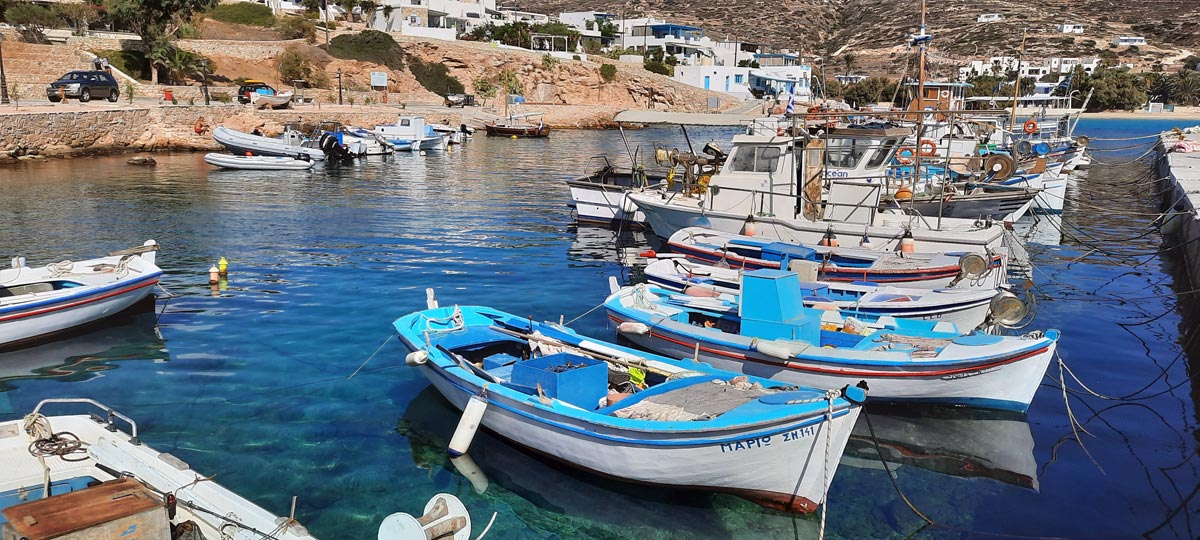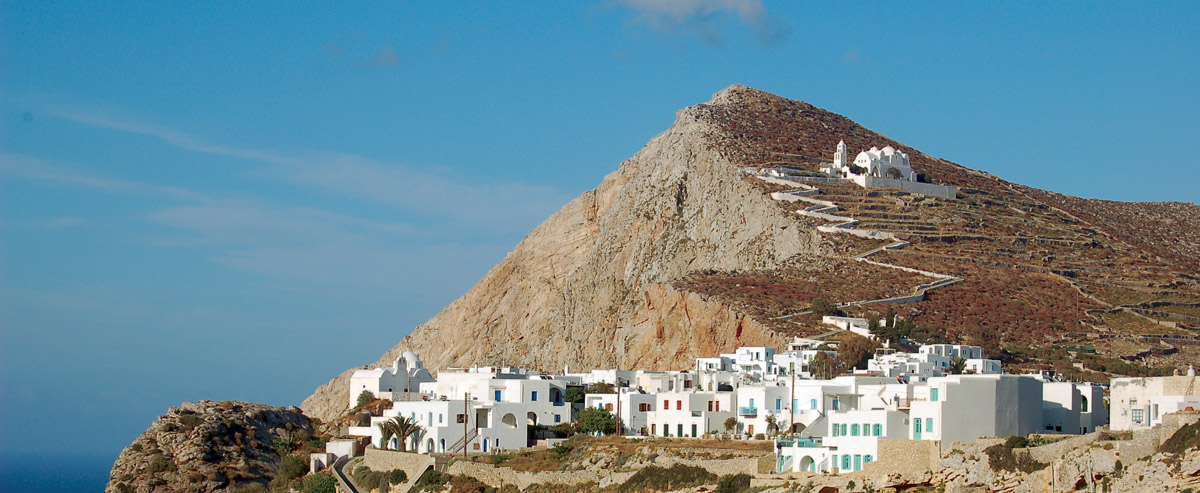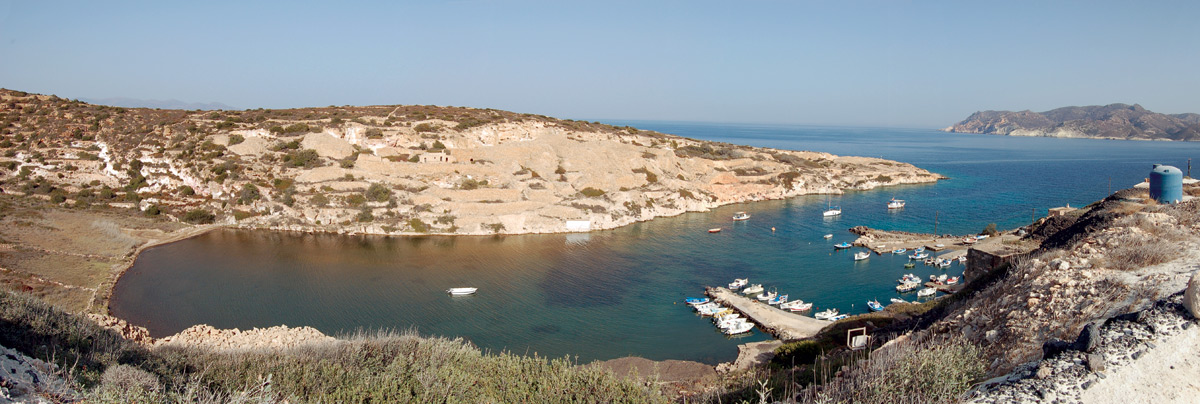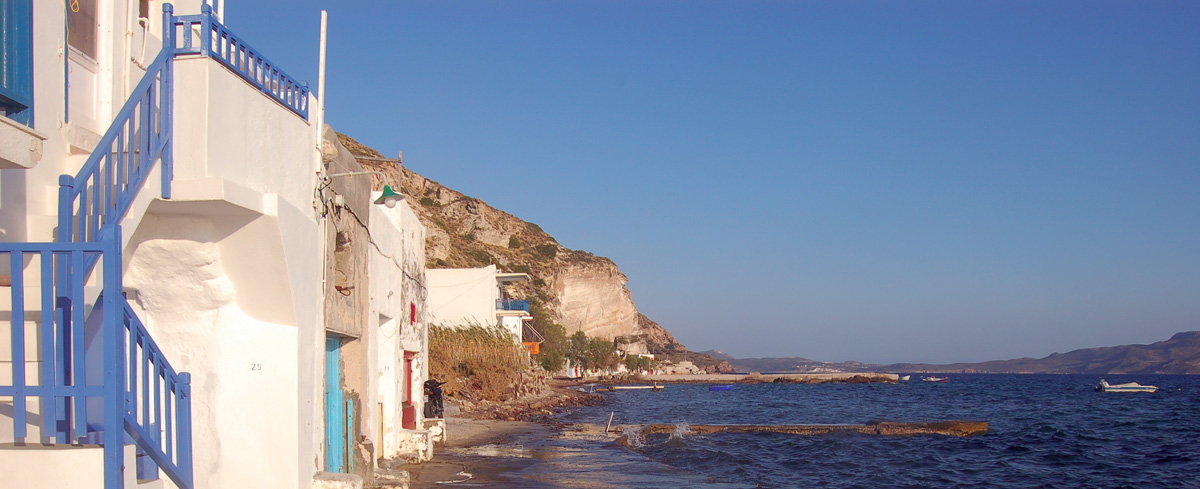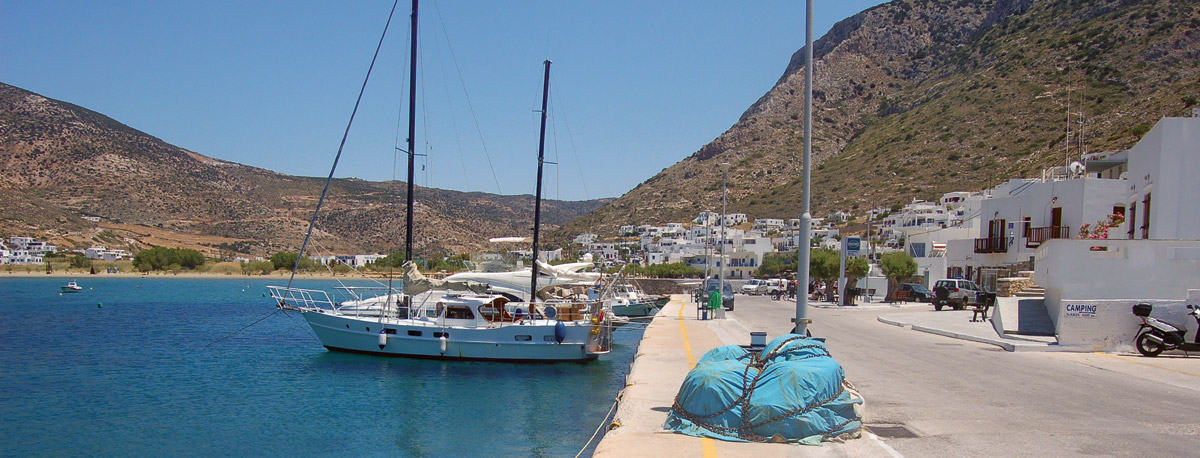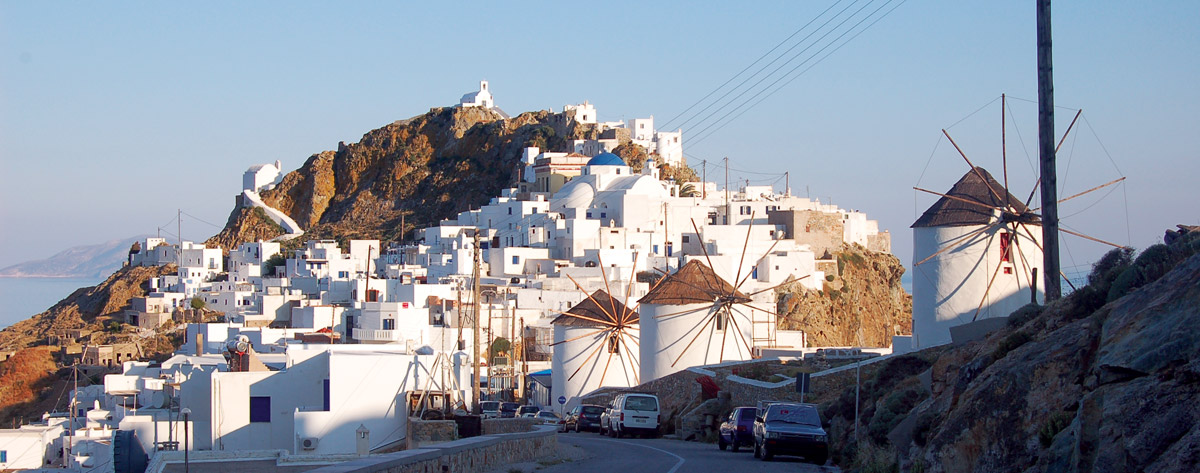Donoúsa
Donoúsa is one of the few Aegean islands that kept its original name from antiquity, Donoúsa or Denoúsa. In the past it had different names for a while, like “Viriden” named by the ancient Romans probably due to its extensive vegetation, or “Spinosa” called by the foreign sailors of the 18th and the 19th century.…
Details

